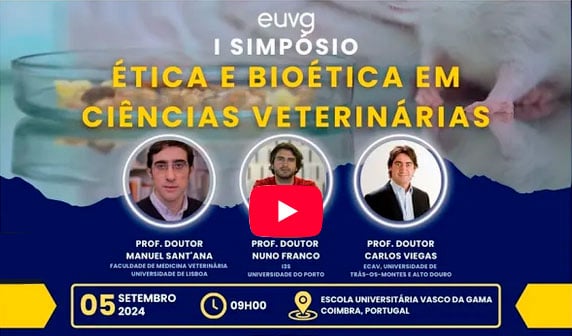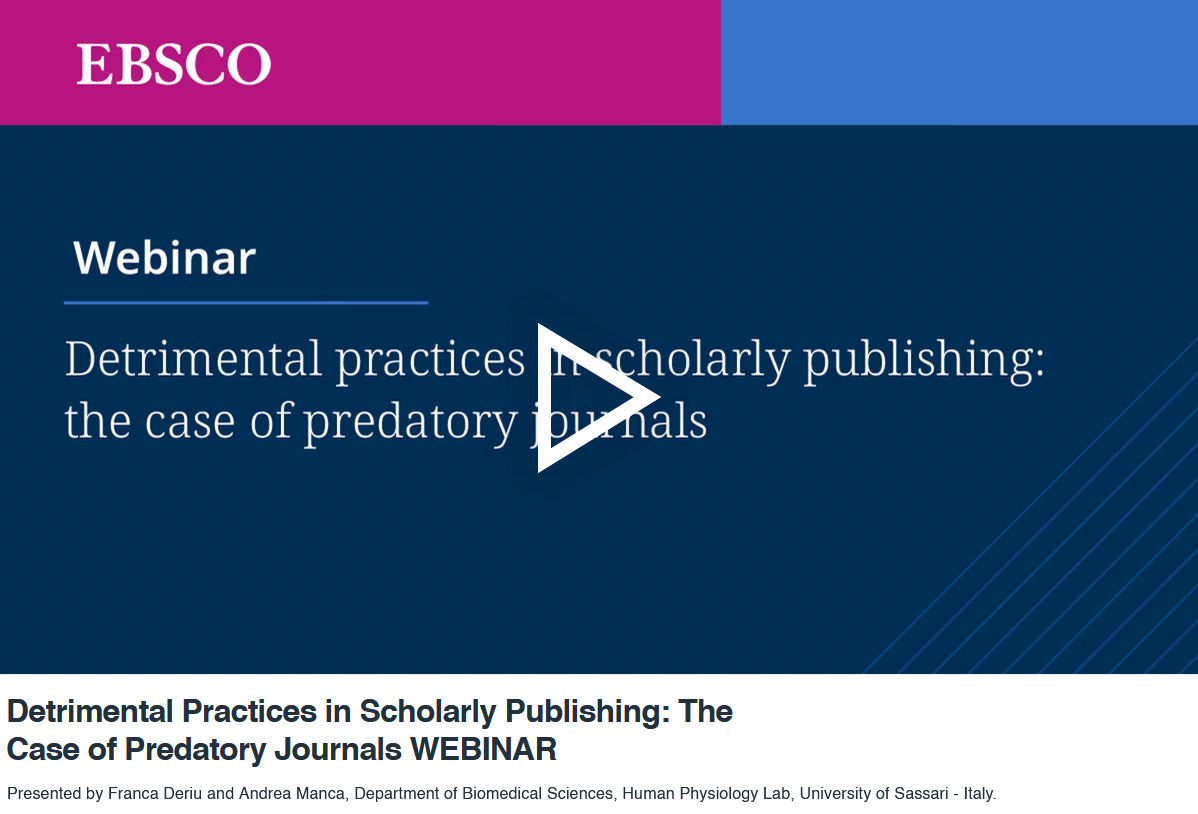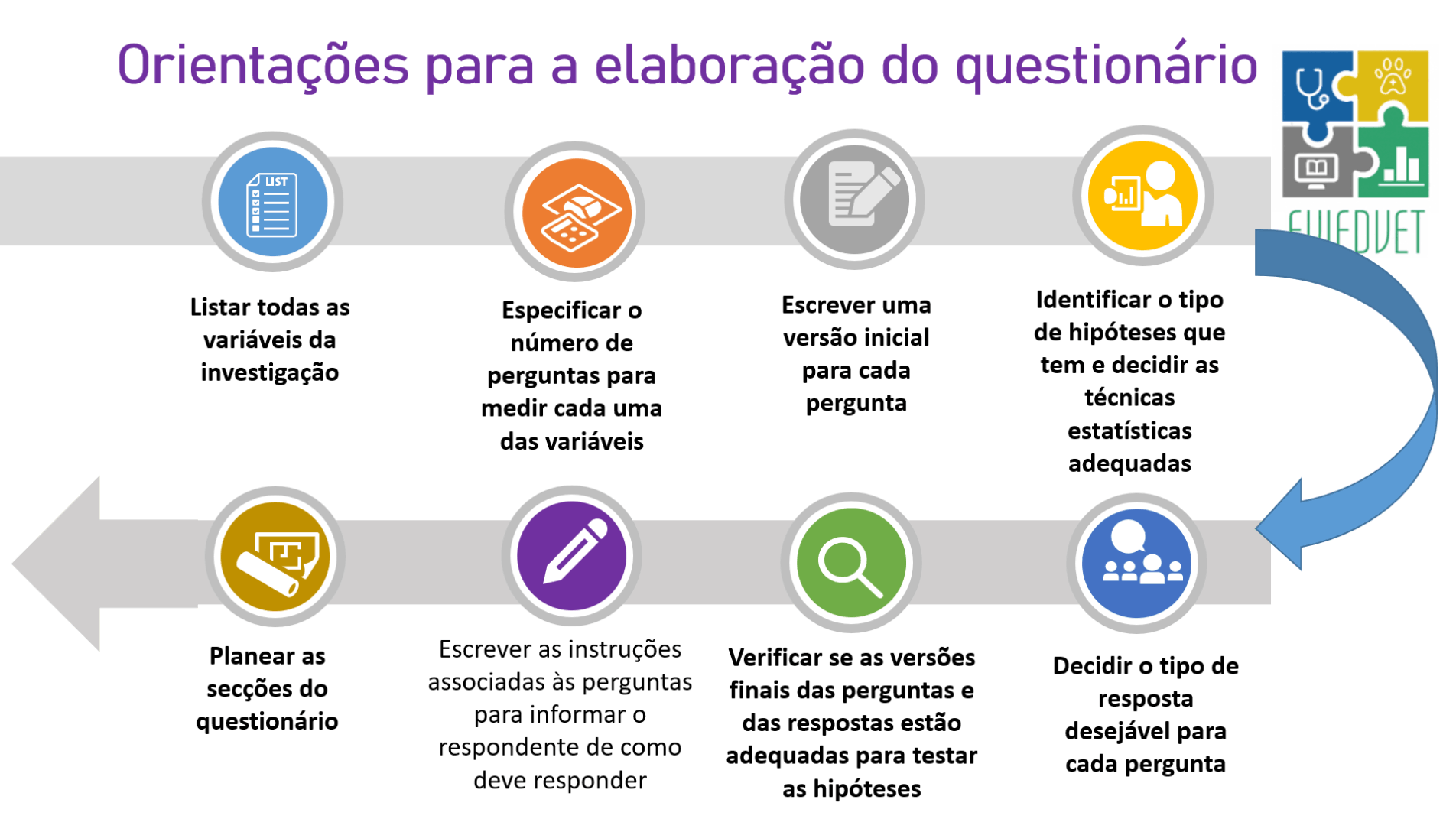MANUEL MAGALHÃES SANT'ANA
Research Ethics and Scientific Integrity
The presentation addresses scientific integrity, explaining its importance and the risks of fraud in biomedical research. Examples of fraud, retractions of articles and the consequences for scientific credibility are discussed. The question of criminalizing fraud is raised and international standards and the role of ethics committees are analysed. Other topics include informed consent, data protection, authorship criteria, peer review, and predatory publishing. Finally, the impact of artificial intelligence on research ethics is explored. The objective is to promote good practices and ensure reliability and transparency in science.



